We live under the assumption that whatever image comes through our collective retina is what is going on in the universe. But is it? Or are we just all agreeing on the same illusion.
In this article we will explore the possibility that UAP may have the ability to manipulate our perception as well as delve into some engrossing theories that encompass this phenomenon.
Before getting into the idea of UAP manipulating perception, it is essential to understand the complexity of human perception itself. Our brains process information from our senses, and this information is filtered, interpreted, and ultimately shaped by our beliefs, experiences, and expectations. Our minds constantly construct a subjective reality based on the information available to us.
.
One theory suggests that UAP, might possess advanced technologies that allow them to influence how we perceive them, this theory proposes that they may have the ability to create an apparition or some type of ignis fatuus that can alter our perception as to not see reality as it truly is. This thought lines up with the idea that UAP may operate outside what we consider the “normal” laws of physics and can manipulate not only what we are seeing but also what we can hear and feel.
Let's take a look at some psychological and cultural influences:
One of the fascinating aspects to consider is the role of psychological and cultural conditioning that has molded our perception of UAP. Our preconceived notions and biases play a significant role in how we interpret and react to these unidentified anomalous phenomena. Our social constructs, upbringing, and exposure to popular media have shaped our understanding of what is considered normal or abnormal in the realm of ET encounters.
For example, people who have grown up with sci-fi movies depicting extraterrestrials as evil overlords may perceive UAP sightings as potential threats. On the other hand, those who have been exposed to narratives portraying benevolent extraterrestrial beings might view UAP encounters as opportunities for contact or enlightenment.
Furthermore, cultural factors can play a critical role in shaping our perception of UAP. Different societies and belief systems have different frameworks for understanding and categorizing the phenomena. Some cultures may have long-standing traditions and folklore that incorporate encounters with otherworldly beings, while others may dismiss or fear anything beyond the realm of what is known.
Psychological conditioning can help to further influence a person's perception of the phenomenon. Confirmation bias, defined as the tendency to interpret new evidence as confirmation of one's existing beliefs or theories can be responsible for shaping a person's viewpoints on the subject of UAP as well.
Our preconceived ideas, fears, and beliefs may significantly influence how we interpret unusual phenomena. For example, someone who has an open mind and believes in extraterrestrial life might be more likely to interpret a sighting as a UFO, while a skeptic might search for alternative explanations.
We cannot discount the influence of media and popular culture in molding our perception of UAP. Over the last seven decades, there has been countless movies, books, and TV shows that have depicted UAP as otherworldly beings visiting Earth in flying saucers. These depictions have not only contributed to the popular imagination but have also influenced the way people interpret and report their own experiences with UAP. Could it be possible that UAP may exploit these cultural associations to further influence our perceptions of them?
We now have to ask the question, Is this intentional misdirection or just the use of camouflage? Let’s turn the tables for a minute and think about this issue from our human perspective. If UAP is aliens from another planet coming to explore our planet they might want to do so incognito. We most definitely would camouflage ourselves if it was us visiting them. We may even go so far as to use intentional misdirection if we felt it necessary.
If extraterrestrials have been observing us for any length of time they would probably be wise to conceal their presence given our violent nature and fear of the unknown. If UAP do indeed have the capability to manipulate our perception, another possibility is that they intentionally obscure their true nature to study human reactions. They may take on a different form or disguise themselves as a part of the natural landscape, therefore reducing their chances of being discovered or causing mass panic.
The question of whether UAP have the ability to choose how we perceive them remains unknown. While there are numerous accounts of UAP sightings and encounters, we still lack conclusive evidence. However, it is essential to keep an open mind and continue exploring the possibilities.
Whether UAP are advanced extraterrestrial beings, classified military aircraft, or some kind of mass psychosis, the enigma surrounding their existence fuels ongoing research, debate, and curiosity. Only time, scientific advancement, and further exploration of the unknown will reveal the truth behind this elusive phenomenon.




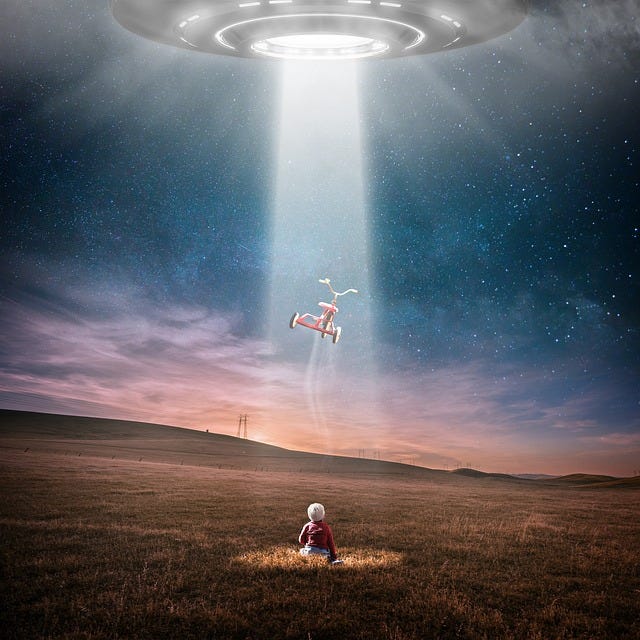
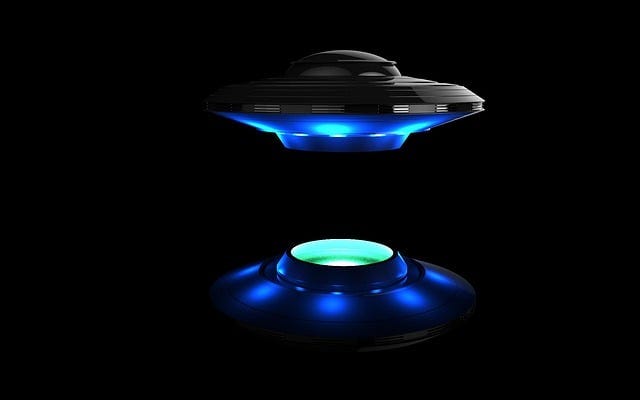
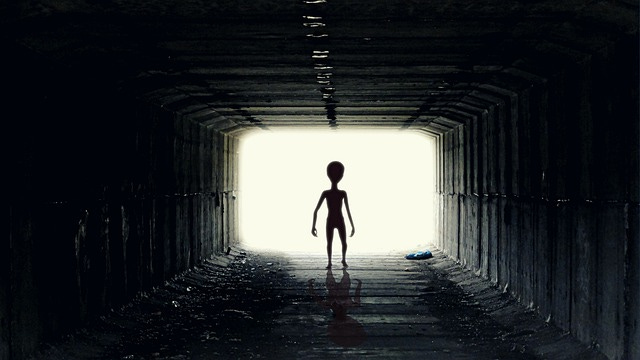
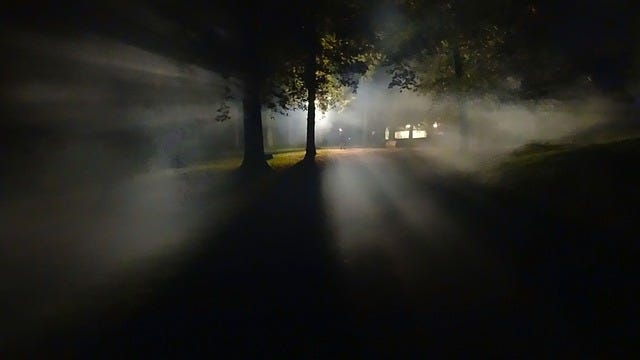
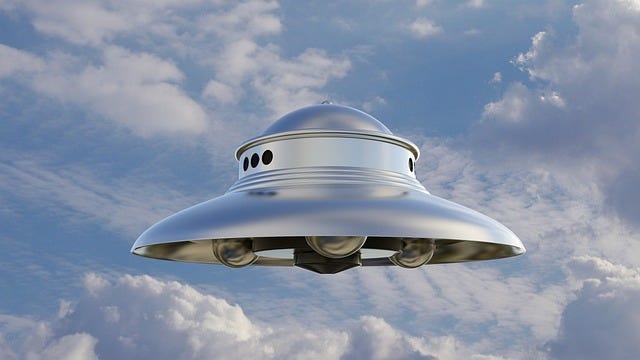
I often wonder the same thing, but more so about superintelligence. Are we presently being manipulated? We sure wouldn't know if we were!